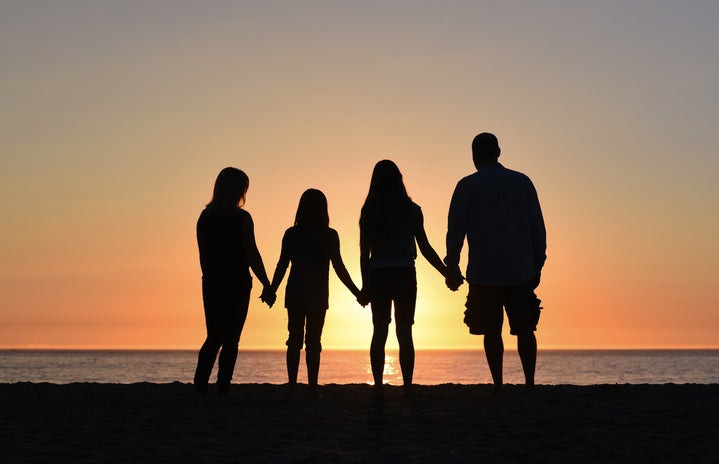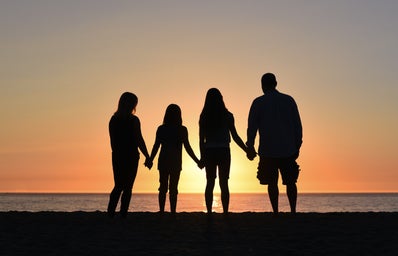On Youtube, vlogging is a type of content in which the creator records themselves throughout the day. You can see famous vloggers post daily routines in their lives, often enticing the audience to watch by using a title with ‘click bait,’ exaggerating an event to draw attention and get more views.
Recently, a new category of vlogging has become extremely popular: ‘family vlogging.’ It usually involves a family recording their daily lives, showing their many quirky adventures and the adorable antics of their children.
The popularity of this content has inspired more and more families to start recording their kids and posting it online, and the internet responds as expected; many of these families have thousands or even millions of subscribers. Their videos are often praised as cute and family-friendly.
But there’s more to family vlogging than meets the eye, and there are patterns among many of these channels that are disturbing.
As a channel grows more successful, their content will inevitably become more manufactured. Vlogging becomes more than a hobby: it becomes a source of revenue, and this revenue is risked anytime they post something that doesn’t coincide with the interests of their audience. This is why you’ll sometimes see creators posting the same type of content over and over; they’re making the types of videos that got them a following in the first place.
But when you consider this process for family vloggers, it has a lot of negative implications. For example, if a family vlogger’s appeal is their cute and adorable children, they are pressured to keep producing content with cute, adorable kids. Now, a source of revenue relies on the behavior of their children on camera. A parent might start giving their children scripts, or force them to do certain things to make good content.
In this way, family vloggers exploit their children for profit. They might justify it by saying they are just posting memories of their kids’ childhood. But how long does it take until your children and their childhoods become commodities? Children can hardly consent for their lives to be recorded and viewed by millions of people, and what happens when they refuse? Some parents might respect these wishes, but others might not, especially if this content is a crucial source of revenue.
The concern of family vlogging is that it publicizes and exploits children who cannot consent.
In 2017, Mike and Heather Martin of Daddyofive lost custody of two of their children after being convicted of emotionally and physically abusing them. They were notorious for playing cruel pranks and recording the distressed reactions of their children.
In 2020, Myka and James Stauffers rehomed their adopted 5-year-old autistic son from China whose life had been publicized in their vlogs for over three years. They had naively taken a child into their care and exploited him for profit, giving him up when it was clear they were unable to handle his needs.
In 2021, Jordan Cheyenne forgot to edit a clip out of a video of her calmly telling her crying son to “act like he’s crying” for a thumbnail after finding out their dog was ill. She temporarily deleted her channel before reinstating it, and she continues to make lifestyle videos today.
These examples depict another major concern of family vlogging: what goes on behind the scenes as a consequence of constant social media attention and influence? It’s no secret that social media isn’t exactly a positive environment for developing children, and the content family vloggers post introduces children to social media on an even wider and potentially more harmful scale.
This article is not meant to demonize families who post content of their children; they are almost always good-intentioned people who adore their kids. However, it is important to consider the connotations of this type of content and realize that the influence of social media on both parents and children is more powerful than we know.


